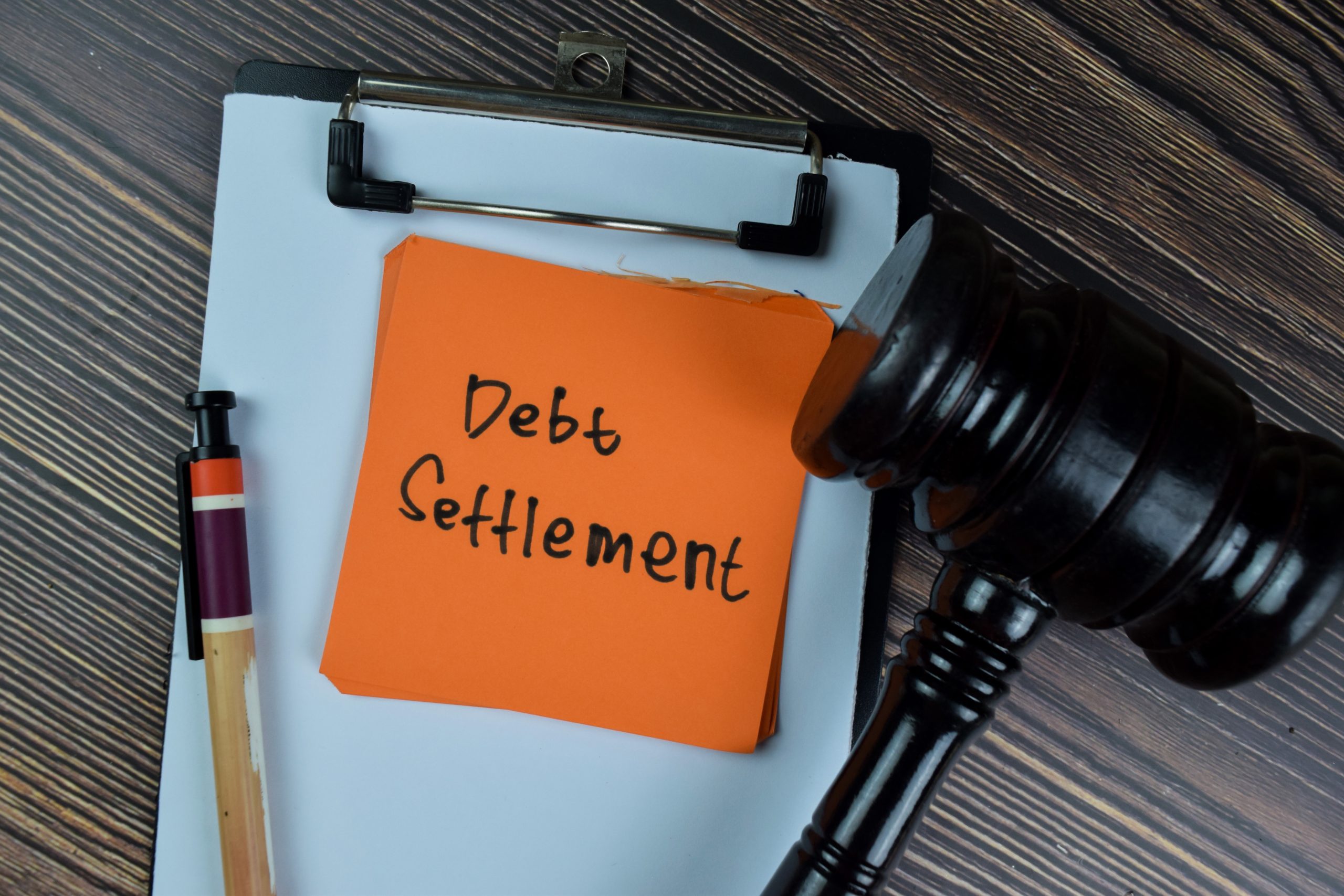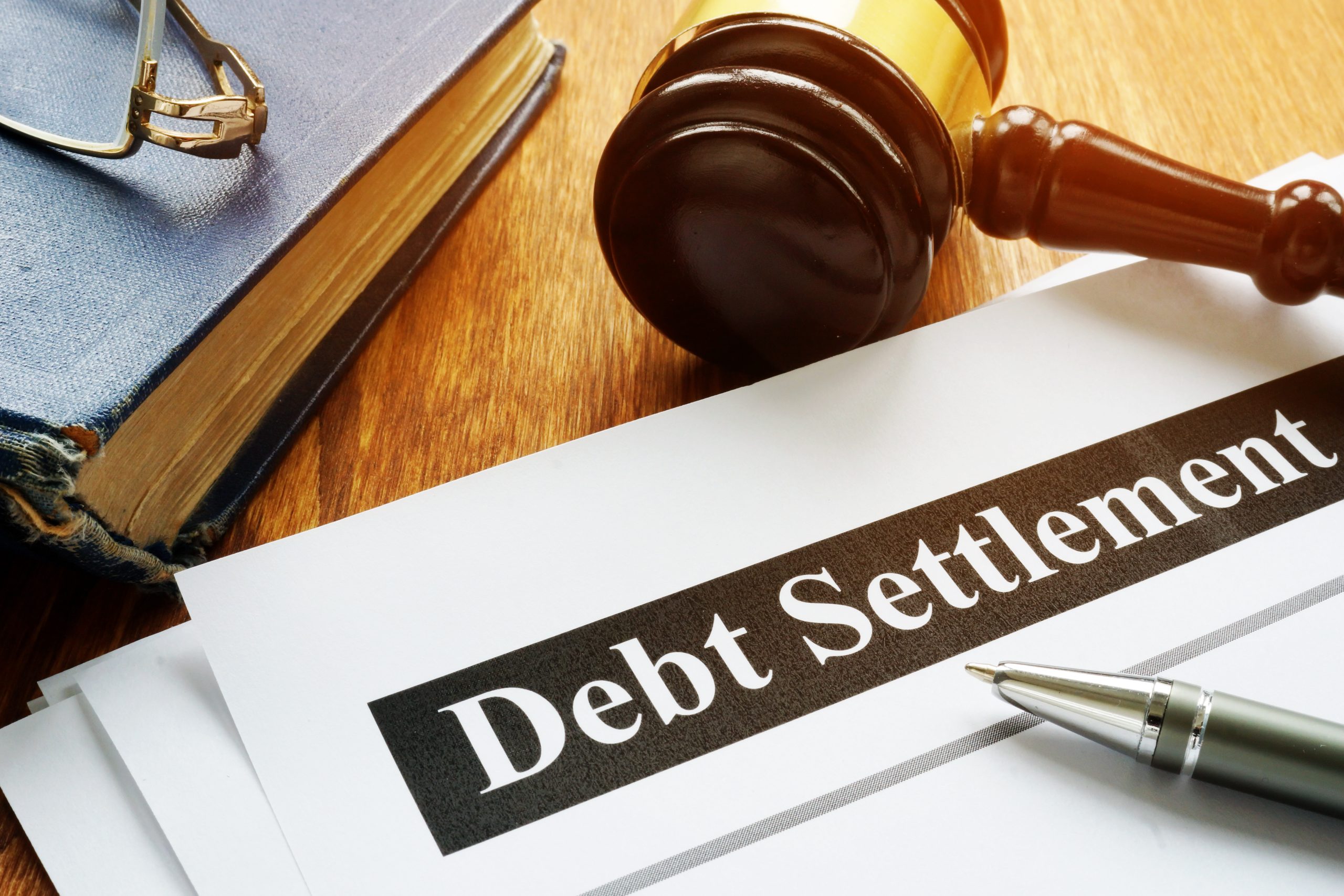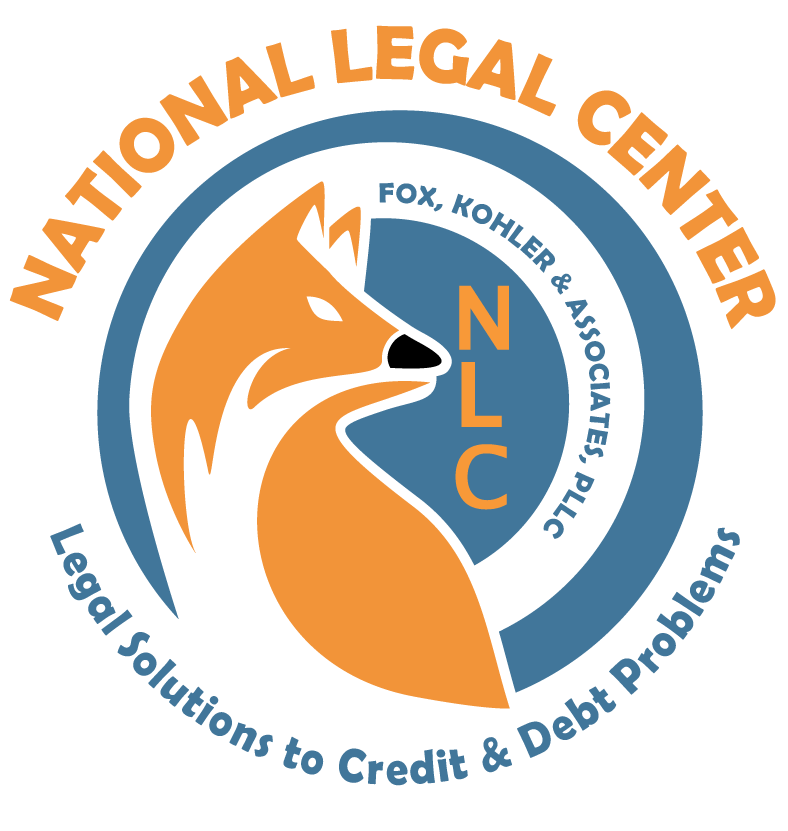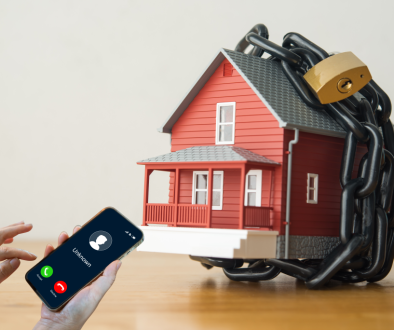If you are struggling with overwhelming debt, you may have heard about debt settlement, sometime referred to as debt resolution, as a possible solution. In the right situation, it can save you a significant amount of money and help you regain control of your finances. However, it is not the best fit for everyone, and it is not always the first step you should take.
Before you decide, it is important to understand what debt settlement is, how the process works, and when it might be the right choice for your situation.
What Is Debt Settlement?
Debt settlement is a process where a professional negotiates with your creditors to accept less than the full amount you owe. Instead of making your regular monthly payments, you deposit money each month into a dedicated account. Once there is enough in the account, those funds are used to resolve debts one at a time.
Debt settlement is most often used for unsecured debts such as:
- Credit cards
- Personal loans
- Medical bills
It does not work for secured debts like mortgages or auto loans because those are tied to collateral.

When Debt Settlment Might Not Be the Best First Step
If you are still current on your credit cards and can manage your minimum payments, debt settlement may not be the right option. Instead, you might consider a Debt Management Plan (DMP) through a nonprofit credit counseling agency.
A DMP can:
- Combine multiple payments into one
- Often lower your interest rates
- Have less of a credit score impact than debt resolution
When Debt Settlement Can Be a Smart Choice
Debt settlement may be worth exploring if you:
- Are behind on payments or about to fall behind
- Cannot afford the minimum monthly payments
- Have accounts more than 90 days past due or already in collections
- Have received a lawsuit or judgment from a creditor
- Owe far more than your income can realistically handle
In these cases, negotiating with creditors for a reduced payoff can be a practical path forward.
How to Prepare for Debt Settlement
Proper preparation can make a big difference in how successful the process is.
- Gather financial documentation – Hardship proof can help negotiations. This may include layoff notices, medical bills, divorce papers, pay stubs, tax returns, or a clear breakdown of income and expenses.
- List all your debts – Include creditor names, balances, interest rates, and how far behind you are. Review your credit reports from all three bureaus and your most recent statements.

When to Stop Making Minimum Payments
Debt resolution typically only works if accounts are behind. However, do not stop making payments without a plan in place. Some people stop all at once, while others stagger their missed payments depending on creditor behavior or debt size. A reputable company can help you choose the right approach. However, it’s important to understand that only you as the debtor can make the decision to end making payment to your creditors. A reputable company should not advise someone to end payments, however, once you choose to enroll into a debt settlement service the firm will support you in your decision.
Choosing a Trustworthy Debt Settlement Company
When researching companies, ask:
- How they are paid (avoid any that require upfront fees)
- Who handles negotiations and if they are done in-house
- How they handle lawsuits during the program
- Their typical resolution rates and timelines
- Whether they are members of AFCC or have IAPDA-certified staff
- If a law firm, confirm the attorney that will assist is licensed in your state.
Be cautious of unrealistic promises or vague answers.
The Impact on Credit Scores and Taxes
If you currently have good credit, your credit score will likely drop during the process, but you can rebuild it over time. If more than $600 of debt is forgiven, you may receive a 1099-C tax form. The IRS could treat this as taxable income, although you may qualify for an insolvency exclusion. It is wise to speak with a tax professional about this. However, even if a tax is due, in most cases, the total cost of the settlement, fees and tax, should be less than the amount owed.

How Long Does Debt Settlement Take?
Some people see their first resolved account in as little as a few months, depending on how quickly they can save, the delinquent status, and how creditors respond. Most full programs last between two and four years. Consistent savings, complete paperwork, and addressing legal issues promptly will help keep the process on track.
Final Thoughts on Debt Settlement
Do not wait until you are in financial crisis. Using savings to cover credit card payments or shifting debt from one card to another can make the situation worse. If you know your current path is unsustainable, the sooner you explore debt settlement, and other relief options, the more control you will have over your financial future.
Debt settlement can be a powerful tool when used in the right circumstances, but success depends on having a solid plan and experienced guidance. At National Legal Center, we can help determine which debt relief service is right for you. If Debt Management is a better fit, we can recommend a reputable credit counseling agency to assist you. if debt settlement is the right direction, we will guide you through every step of the process.
Schedule a Free Consultation with National Legal Center
Complete this form to schedule your free consultation.




